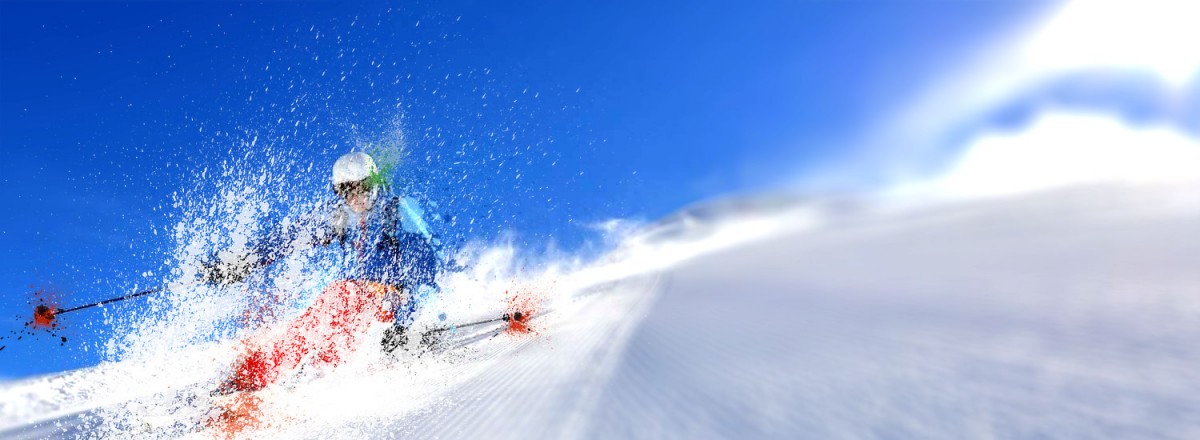Top physio tips for snow season
Last updated: 12.07pm, Tuesday 18th February 2020
With the snow sports season upon us, many are counting the clock down to the next run.
Did you know that exercising at altitude requires more energy than exercising at sea level? Those not prepared are more likely to have their time in the snow marred by injury – the majority of which are avoidable, with a bit of thoughtful planning. Every year we hear from clients delighted with their achievements on the slopes having prepared themselves well. Our physiotherapists, sports scientists, biomechanists, sports masseurs and personal trainers can all help to ensure you’re in great shape to enjoy this winter sports season. Here are our top recommendations to stay safe in the snow; Achieve And Maintain Fitness It’s easy, especially during the cold weather, for your aerobic fitness to drop. We recommend 30min moderate exercise, 3 times per week to maintain fitness levels. At the Clinic, we run group fitness and strength & conditioning sessions regularly. We can help with individual coaching/personal training if you feel any specific area requires attention. Flexibility Stretches, in an ideal world, would be a part of our daily routine – especially valuable if your work requires you to sit for long parts of the day. Stretching pre and post snowsports will certainly lower your risk of muscle injury. We have a range of stretching programmes that we’re happy to share! Balance It may sound obvious, but without good core stability and balance you may spend more time than you’d like in the snow rather than on top of it. Try balancing on one foot for more than 15 seconds. If that’s a struggle, practice for a week standing on one leg every time you brush your teeth then re-test. Tiredness Causes Injury Your technique deteriorates when you are tired, and you are more likely to lose control. Eat well and stay fuelled. Muscle Strength Did you know 40% of all skiing injuries are knee ligaments? This can quite easily result in time off work, and sport. It is really important to ensure your quadriceps, gluteal and calf muscles are fit enough to do what you ask of them.

